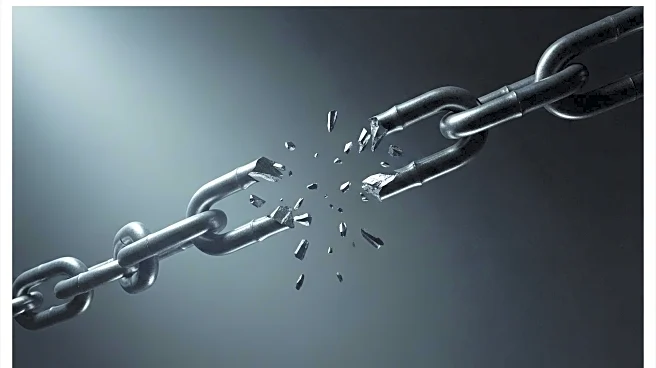What's Happening?
The family of Israeli hostage Alon Ohel has publicly criticized a video released by Hamas, claiming it misrepresents Ohel's condition. The video, which was published by the terrorist group, has been met with distress by Ohel's family, who held a press conference at Hostage Square in Tel Aviv. They have allowed the publication of only one photo from the video, emphasizing their concern over the portrayal of Ohel. This development comes amid Israel's ongoing military campaign in Gaza, aimed at eliminating Hamas fighters and securing the release of hostages. The conflict has resulted in significant casualties, with over 65,000 reported deaths in Gaza according to local health authorities.
Why It's Important?
The release of the video and the family's reaction highlight the emotional and psychological toll on families of hostages, as well as the broader humanitarian impact of the conflict. The situation underscores the complexities of hostage negotiations and the challenges faced by the Israeli government in balancing military objectives with humanitarian concerns. The ongoing conflict in Gaza continues to affect regional stability and international relations, with potential implications for U.S. foreign policy and diplomatic efforts in the Middle East.
What's Next?
The Israeli government is likely to continue its military operations in Gaza, with the aim of securing the release of hostages and neutralizing Hamas threats. International pressure may increase for a resolution to the conflict, potentially involving diplomatic interventions or negotiations. The families of hostages may continue to advocate for more decisive action from the government, while humanitarian organizations may push for increased aid and support for affected civilians.
Beyond the Headlines
The ethical implications of using hostages in propaganda videos raise questions about the conduct of armed groups and the psychological warfare tactics employed in conflicts. The portrayal of hostages in media can influence public perception and policy decisions, highlighting the need for responsible reporting and consideration of the human impact of such conflicts.









